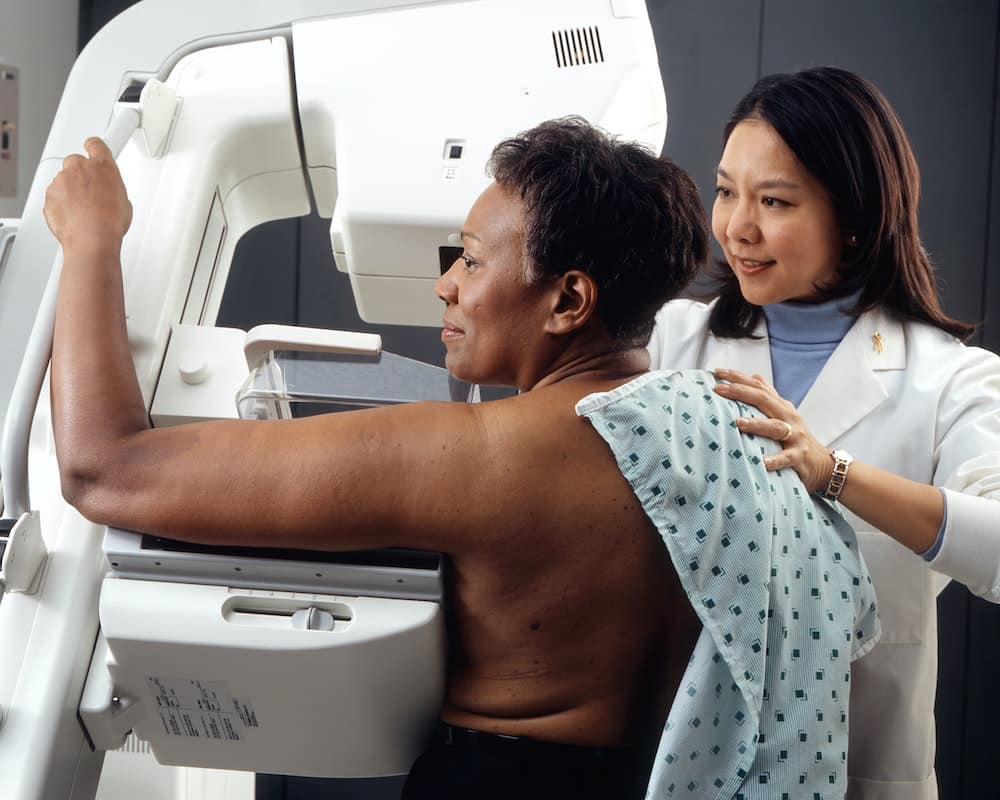Breast cancer is a disease that affects millions of women worldwide. It is one of the most common forms of cancer, and early detection is key to successful treatment. Breast cancer screening is essential in detecting breast cancer early, but the process can be a bit more complicated for women with breast implants. With so many conflicting opinions and information, it can be overwhelming to know where to start. That’s why we’ve turned to the experts for tips on navigating breast cancer screening with implants. In this article, we’ll share insights and advice from top breast cancer specialists, including what to expect during a mammogram, how to prepare for breast cancer screening, and what to do if you detect any changes. Whether you’re a breast cancer survivor or just starting your journey, this article will provide you with the knowledge and tools to navigate breast cancer screening confidently.
Understanding Breast Cancer Screening
Breast cancer screening is a way to detect breast cancer in its early stages. This is important because the earlier breast cancer is detected, the better the chances of successful treatment. There are several types of breast cancer screening, including mammography, ultrasound, and MRI. Mammography is the most common type of screening, and it is recommended for all women over 40. A technician will take breast tissue X-rays during a mammogram to look for abnormalities.
Breast Cancer Screening with Implants: Challenges and Considerations
Breast cancer screening can be more challenging for women with breast implants. Implants can make it more difficult to detect breast cancer on a mammogram and make it more difficult for the technician to position the breast for the X-rays. Additionally, implants can obscure the view of breast tissue, making it harder to detect abnormalities. However, this doesn’t mean women with breast implants should skip breast cancer screening. It’s even more critical for women with implants to get screened regularly, as they may be at a higher risk for breast cancer.
Types of Breast Implants and Their Impact on Screening
There are two main types of breast implants: saline and silicone. Saline implants are filled with sterile salt water, while silicone implants are filled with silicone gel. Both types of implants can impact breast cancer screening, but silicone implants can be more difficult to detect on a mammogram. This is because silicone is denser than saline, making it harder to see through on an X-ray. However, recent advancements in mammography technology have made it easier to detect breast cancer in women with silicone implants.
Expert Tips on Navigating Breast Cancer Screening with Implants
To help women with breast implants navigate breast cancer screening, we’ve compiled some tips from top breast cancer specialists. First and foremost, you must communicate with your doctor about your breast implants and any concerns you may have. Your doctor can work with you to determine the best screening method for your situation. Finding a screening facility with experience working with women with breast implants is also essential. These facilities will have the equipment and expertise to ensure you get the best possible screening.
Preparing for Your Screening Appointment
Preparing for your breast cancer screening appointment is essential, especially if you have breast implants. Before your appointment, be sure to let the screening facility know that you have breast implants. This will allow them to schedule the appropriate time for your screening and ensure they have the necessary equipment on hand. You may also be asked to remove any jewelry or clothing interfering with the screening.
What to Expect During Your Screening Appointment
Depending on your situation, you can expect to undergo a mammogram, ultrasound, or MRI during your breast cancer screening appointment. If you have breast implants, the technician may need to take additional images to ensure all breast tissue is visible. This may involve compressing the implant to get a clear view of the breast tissue. While this can be uncomfortable, it is necessary to ensure that the screening is as accurate as possible.
Follow-Up Care and Monitoring
If you detect any changes in your breast tissue or if your screening results indicate a potential issue, it’s important to follow up with your doctor. This may involve additional imaging or a biopsy to determine if cancer is present. If breast cancer is detected, your doctor will work with you to develop a treatment plan tailored to your needs.
Resources for Further Information and Support
Navigating breast cancer screening with implants can be challenging, but many resources are available to help. The American Cancer Society, Breastcancer.org, and the National Breast Cancer Foundation all provide information and support for women with breast cancer. Additionally, your doctor can provide information and resources to help you navigate the screening process.
Conclusion
Breast cancer screening is an essential tool in detecting breast cancer early, but for women with breast implants, the process can be a bit more complicated. By communicating with your doctor, finding a screening facility with experience working with women with breast implants, and following up on any potential issues, you can navigate breast cancer screening with confidence. Early detection is key to successful treatment, so getting screened is essential.



